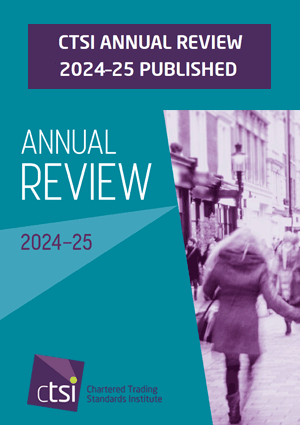WiredGov Newswire (news from other organisations)
|
|
|
Publication of DWP working paper 49: Changing economic circumstances in childhood and their effects on subsequent educational and other outcomes.
Using three data sources, the Millennium Cohort Study, the National Pupil Database and the British Cohort Study 1970 (BCS70), this study explored the link between changes in income (or income-related measures) and child outcomes in early childhood, middle childhood and in adolescence.
The study also had a methodological focus and the methodological issues covered included: establishing causal effects from longitudinal but non-experimental data; how to represent income in statistical models that link income change to outcomes; and how predicted or ‘imputed’ measures of income might replace measures of income that are known to be incomplete or inadequate in various ways.
Key findings
Early childhood
From the Millennium Cohort Study – perhaps the best data source for this section of the analysis – the analysis found support for small income effects on cognitive outcomes and behaviour at age three. These data suggest a small increase in cognitive scores, and slightly improved behaviour, for a substantial increase in income between nine months and three years.
This one positive effect needs to be considered alongside three findings of ‘no effect’ detected:
- Changes in family benefit status between nine months and three years are unrelated to cognitive and behaviour scores for the Millennium cohort at age three (although children in families on benefits at both occasions have lower cognitive scores and more behaviour problems);
- Changes in parental employment status between birth and five years are unrelated to cognitive and behaviour scores for the 1970 cohort at age five, and to earnings at age 34; and
- Changes in income between age 30 and 34 for a parent from the 1970 cohort do not affect their child’s cognitive scores, although there is a hint of an effect on behaviour.
Middle childhood
There is slight evidence to suggest that a decline in economic circumstances between the ages of five and ten for the 1970 cohort – as represented by a reduction in parental employment – could have negative effects on some aspects of behaviour but there is no evidence for an effect on educational test scores nor on later earnings. However the authors note that this does not mean that there is no such evidence merely that it was undetected.
Using the National Pupil Database it was found that pupils in families where economic circumstances appear to be improving do just a little better on tests at age eleven than those living in an apparently worsening economic situation. All pupils with some exposure to poverty in terms of claiming free school meals (between aged 7 and 11) make less progress than the majority who never claim.
Adolescence
This analysis relied on data from the 1970 cohort for conclusions about the effects of changes during the adolescent period. The measures of income used then are not strong and the study suffered from a number of problems between 1980 and 1986 that reduced the quality of the data.
There was evidence for only one effect: a change in family income between the ages of ten and sixteen does perhaps have an effect on earnings at age 34.
Methodological
The study explored different ways of imputing income by drawing on predication equations for income generated from studies with good measures of income and also containing a range of other socio-economic variables of the kind included in the British Cohort Study. This approach to dealing with the problem of absent, unreliable or incomplete measures of income was felt to show some promise, although future work would need to integrate these methods with methods for dealing with attrition and non-response.
Notes to Editors
- This report is published on 14th August 2008 in the DWP Working Paper series (number 49). It can be found on the internet at http://www.dwp.gov.uk/asd/asd5/wp-index.asp
- This project was carried out by the Institute of Education. The report authors were Professor Ian Plewis and Constantinos Kallis.
- The Millennium Cohort Study (MCS) is the fourth in the series of cohort studies in the UK. It includes 18,818 babies in 18,552 families born in the UK over a 12-month period during the years 2000 and 2001, and living in selected UK electoral wards at age nine months. The first and second waves took place when the cohort members were (approximately) nine months and three years old respectively. The third sweep was conducted in 2006, when the children were five years of age but was not available for inclusion in this study. A fourth sweep will be conducted in 2008.
- The British Cohort Study 1970 (BCS70) – the third in the series of the British birth cohort studies – has followed all children born in Great Britain in a single week in April 1970 from birth to age 34. More details about both BCS70 and MCS can be found at: http://www.cls.ioe.ac.uk/text.asp?section=000100010002
- The National Pupil Database has, since 2002, provided a census of pupils at state schools in England covering both the pupil's characteristics and their examination results.


